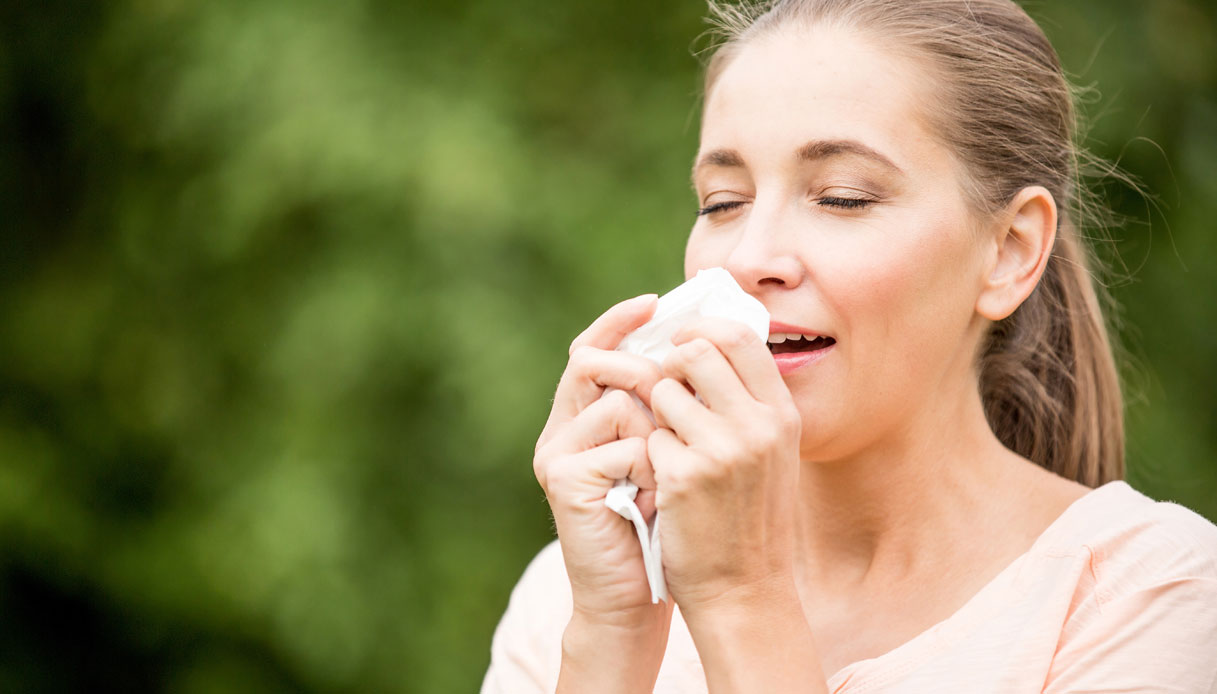We are experiencing a period at least anomalous on the meteorological front. The rains fall, the days remain with harsh climates at the beginning of spring, after particularly hot winter months, the wind is king in many areas of Italy. All this, of course, can have repercussions on nature, with a more prolonged flowering of pollen.
For those suffering from pollinosis, precisely pollen allergies, all this risks leading to a prolongation of symptoms well beyond the classic weeks in which a runny nose, red eyes and real asthmatic crises in the most serious forms are a companion this season. The alarm is raised by research conducted by experts from the University of Michigan, published in Nature Communications.
How many more days of possible allergy?
According to the study, it seems that rhinitis, conjunctivitis and the like are destined to last longer and longer in the future, for a sort of extension of the pollen season. Indeed, the forecasts developed by American experts say that by the end of this century there is a risk that the classic annoyances of spring will appear more than a month earlier than today and extend for almost three weeks after the classic end of the annoyances. But that’s not enough.
Also the intensity of the symptoms it could change. The reason? according to the results of the study, it should be sought not only in the increase in average temperatures, but also and above all in the increase in the values of carbon dioxide in the environment, the result of pollution. To reach these conclusions, the scholars examined about fifteen particularly widespread pollen using a specific mathematical model, associating the data collected with the trend observed between 1995 and 2014 and with economic information.
The result is really sobering and must warn those who are faced with the classic symptoms of pollen allergy, from repeated sneezing to a runny nose or the sensation of a stuffy nose which, especially in the morning, disturbs the well-being of those who cope with rhinitis. The pollens that induce the allergy are the male elements of the plants, which have the task of fertilizing the ovules, that is the female components of the plants of the same species. They are obviously invisible.
Their dimensions can vary from a minimum of 5 to a maximum of 200 microns. The phenomenon of the allergic reaction in case of pollinosis is due to the fact that these pollens, when they are inhaled or in any case come into contact with the mucous membranes of the eye, are altered in their external structure due to the action of enzymes present in the secretions. mucous membranes of the nose and eyes. Thus the proteins present inside are released and the disturbances begin.
From the mouth to the lungs, and more
Even if the most classic symptoms of pollinosis are related to rhinitis and the respiratory tract, the discomfort that can appear are obviously different. For the nose, it often starts with a series of sneezing that leads to the production of liquid, almost watery mucus. Many people then have the sensation of itching in the nose, so much so that putting the finger to the nostrils in an attempt to limit the discomfort is called an “allergic greeting”.
As for the ocular conjunctiva, itching is generally the preeminent annoyance and is often associated with tearing and light discomfort. In the most serious forms, all the respiratory tracts are involved, up to asthma pictures. Finally, in some people, pollen-related allergy can also lead to swelling of the lips and inside of the palate. It happens when, after years of sensitization to one or more pollen, one also becomes allergic to some foods, which contain proteins similar to those of the “guilty” pollen.
